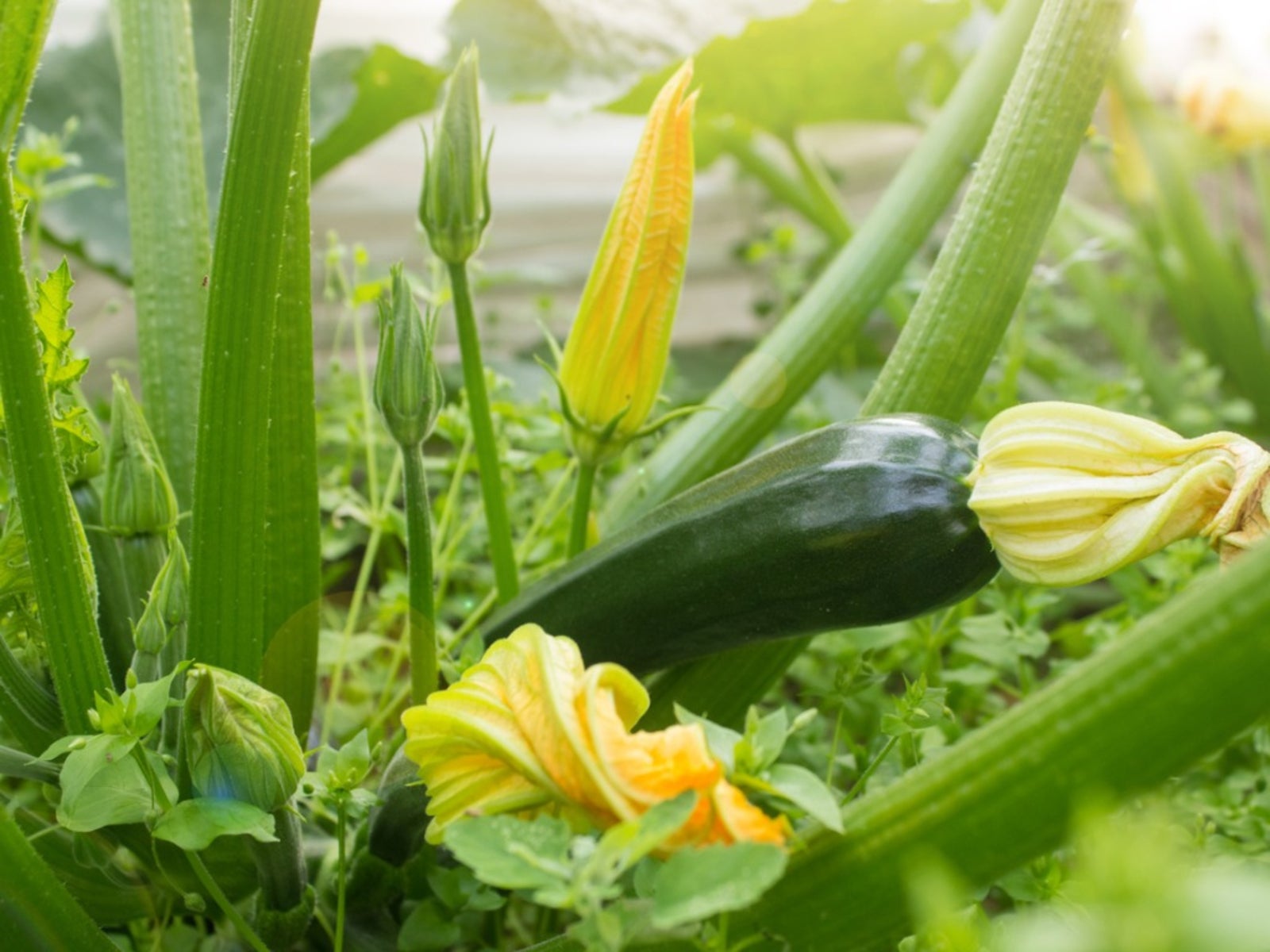Squash Fruit Falling Off The Plant


Occasionally a plant in the squash family, which includes both summer squash (like yellow squash and zucchini) and winter squash (like butternut and acorn) will "abort" their fruit. Aborting of fruit is identified by the fruit withering or rotting at the end of the fruit. It can be very frustrating for a gardener when this happens. There are two reasons that squash plants abort their fruit. These reasons are either poor growing conditions or poor pollination.
Squash Falling Off Due to Poor Growing Conditions
In the case of poor growing conditions, this is normally too much heat or not enough water or even a combination of both. Examine the ground around your squash plant. Does the ground appear to be overly dry, even cracked? Dig down a few inches (8 cm.). The ground a few inches (8 cm.) down should be damp, even if the top of the ground appears dry. If you find that the soil a few inches (8 cm.) down is dry as well, then your plants are most likely suffering from too little water. If this is the case, water your plants deeply-- this means for at least 15 to 20 minutes, to replenish the soil's water supply. Also, make note of the temperature over the time that your squash was aborting its fruit. Was it unusually warm for that time of year? A row cover or shading of some kind over your squash plants can help to combat problems of high temperatures.
Squash Falling Off Due to Poor Pollination
The other reason a squash plant might abort its fruit is poor pollination. Poor pollination can happen for a few reasons. The first is that there is a lack of pollinating insects in your garden. This is an issue that is affecting more and more gardeners as the honeybee population in the United States is becoming scarce. The once common honeybee isn't as prevalent as it once was. To see if this is the issue, check your squash plants in the morning to see if any pollinating insects are around your squash. If not, you may want to take steps to attract more of these kinds of beneficial insects to your garden. While honeybees were once the most common pollinator, they are not the only ones. Some alternative pollinators include mason bees, wasps, and bumblebees. Setting up hospitable habitats for alternative pollinators will help attract them to your yard. Another reason for poor pollination is a lack of male flowers. Squash plants have both male and female flowers and need both growing at the same time in order to produce healthy fruit. Occasionally, a squash plant may produce an abundance of male flowers early on, which then fall off. Then, the plant may produce many female flowers, which then have none or very few male flowers to pollinate them. If this is the case, you may need to hand pollinate your squash flowers. If you can locate one male flower on any of the vines, you can use a paintbrush to transfer some of the pollen from that single flower into all of your female flowers. While squash plants aborting their fruit is frustrating, fortunately, it is something that can be fixed with just a little bit of effort.
Sign up for the Gardening Know How newsletter today and receive a free copy of our e-book "How to Grow Delicious Tomatoes".

Heather Rhoades founded Gardening Know How in 2007. She holds degrees from Cleveland State University and Northern Kentucky University. She is an avid gardener with a passion for community, and is a recipient of the Master Gardeners of Ohio Lifetime Achievement Award.